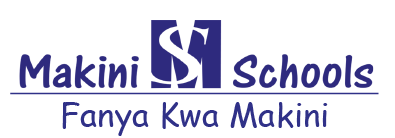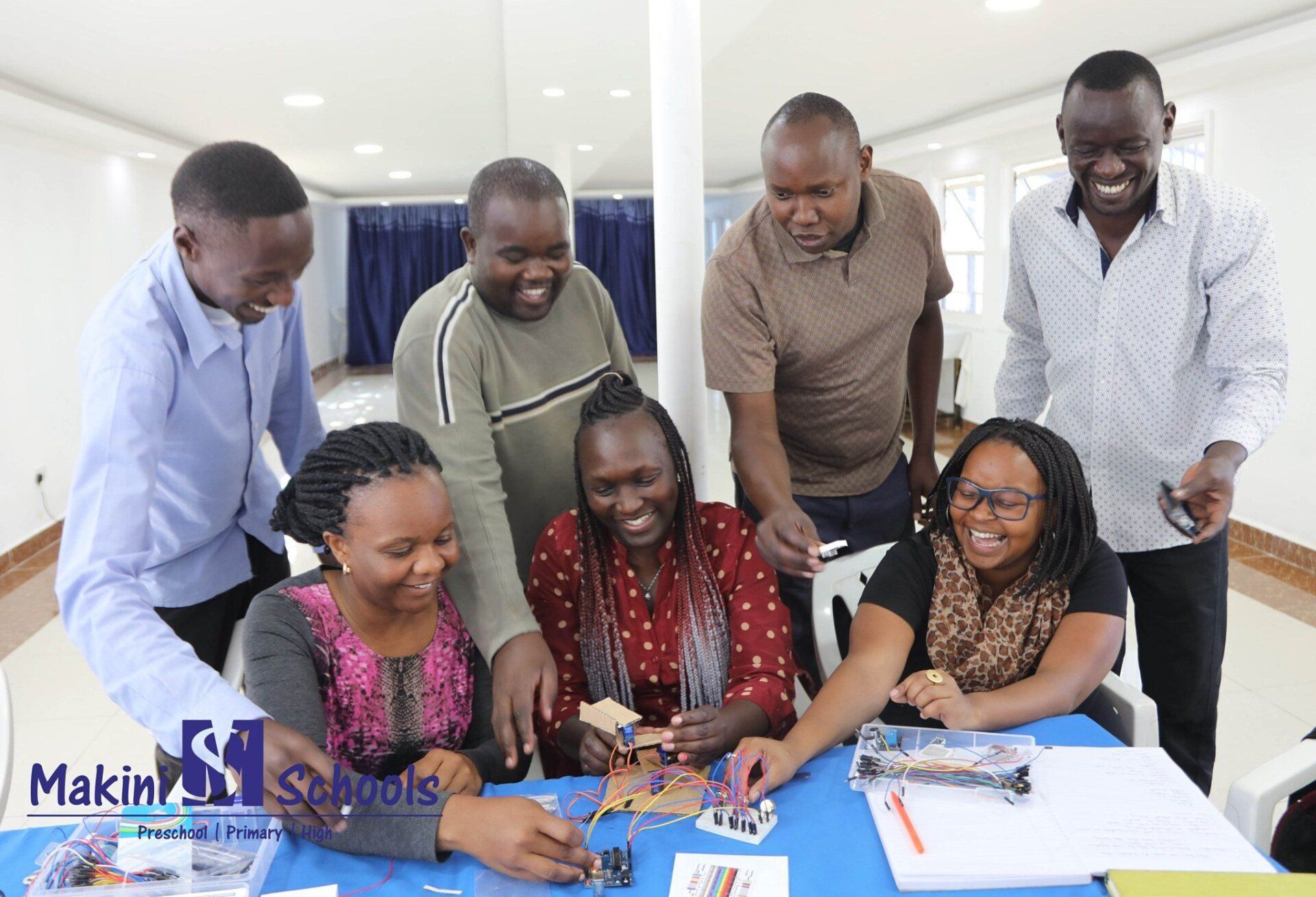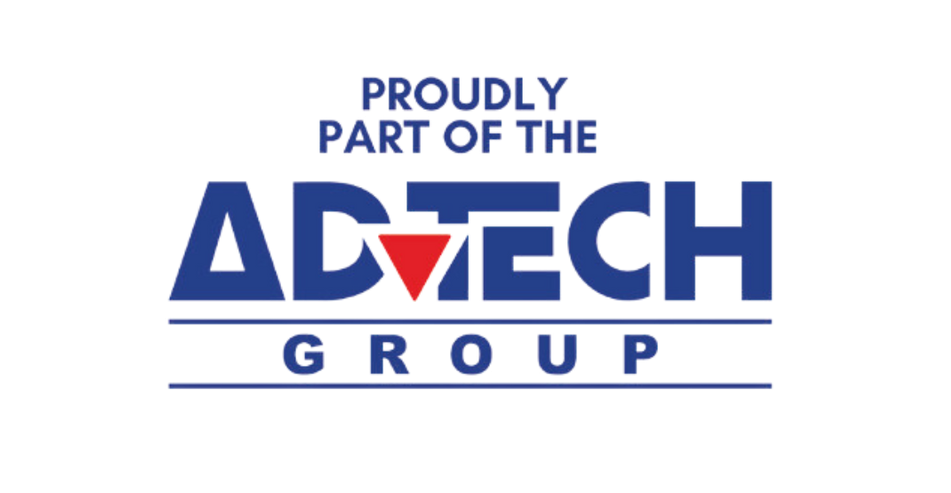Where are we with implementation of CBC in schools?
Contributed to by Makini Kisumu City Head Teacher, Hezron Onyango
The main role of Competency Based curriculum is produce a holistic learner who can fit well into the ever changing society and meet the needs of the 21st century job market.
CBC also plays an important role in the promotion of individual wellbeing and acquisition of skills and capabilities to contribute meaningfully to the economy and society at large.
Competency Based Curriculum is different from other curricular because the methodologies are flexible, responsive and they embrace the diverse learning needs and abilities of learners.
The curriculum strengthens parental engagement and the involvement of other stakeholders in the community. There is also a balance between summative and formative assessment. In this curriculum, the learners take control of his or her own learning. The teacher plays the role of a facilitator. This thus means that the curriculum is child centered.
Kenya has achieved huge milestones in the implementation of the Competency Based Education. The first pilot class of 2017 is currently in Grade 5 moving to Grade 6. Grade 6 will mark the end of the Primary education circle of the curriculum.
Kenya Institute of Curriculum Development has also successfully developed and disseminated Curriculum Designs systematically from Pre-Primary 1 all the way to Grade 6. The institute has overseen the development and approval of quality textbooks and teachers’ guides.
Kenya Institute of Curriculum Development together with Teachers Service Commission have continued to train teachers on the new methodologies suitable of Competency Based Curriculum, assessment reporting and the development of important documents such as schemes of work, lesson plans, record of work covered and portfolios.
So far the implementation is a success. As an educator, I have witnessed the significant difference in the love for learning demonstrated by a Competency Based Curriculum learner compared to the curriculum we are phasing out. Schools that have fully embraced the curriculum, such as Makini Schools, have also reported that Competency Based Curriculum learners are more disciplined owing to the curriculum’s strong focus on values. These learners are digitally literate and see the world as a global village through their research skills.
Learners are more responsible and aware of their environment and their role in taking care of it. The competencies have made these learners creative, imaginative, collaborative and critical thinkers. They are growing up with self-esteem and self-awareness. They have necessary skills to solve simple challenges facing them.
Community Service Learning has created a platform where learners can apply the skills they learnt to participate in the development of the community. It also helps the learners to have a connection with the reality in their day to day life.
Implementation of Competency Based Curriculum has its own share of challenges just like any other new projects. These challenges can be solved if all stakeholders team up. It is the responsibility of everyone to ensure that this curriculum works. Eff ective implementation of Competency Based Curriculum will propel the country to realize the millennium goals.













